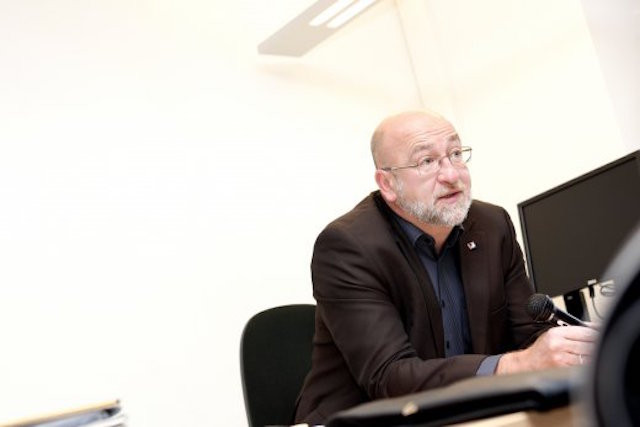In an interview with RTL radio on Monday 23 October, Roeltgen said that it was a necessity and that “productivity gains must be distributed more fairly.”
He said that one cannot live decently in Luxembourg on the minimum wage, and that the income gap was widening.
He said:
“What has been produced must benefit the people that worked for it.”
He argued that Luxembourg had seen a rise in productivity of around 2% per year between 2013 and 2017, and raising the minimum wage would be absolutely justified. The OGBL (independent trade union) is demanding tax exemption for the minimum wage, introducing mechanisms to reduce cold progression in taxation, to raise the “allocation de vie chère” and adapt salary progression to the rise of the median income.
While many social policies and benefits help people, the trade unionist warned that these benefits should not just be seen as for the lower classes, but the whole society.
The OGBL thinks that public finances are in good health and that both investments and social policies should be favoured. It would be wrong to conduct restrictive macro-economic policies at the moment.
UEL warns of stagnant productivity
In an earlier interview on Saturday 21 October, Michel Wurth, the chair of the UEL (business association) said on the contrary that the minimum wage should not be increased, for two reasons: productivity had stagnated and Luxembourg businesses would lose competitiveness.
He argued that there were two questions that needed to be answered: the first was how much is needed for a decent living and the second was how much companies can pay.
Wurth said:
“Bosses can only pay what the employee brings in value added. Luxembourg’s minimum wage of €2000 is higher than the median income in France. There are limits which cannot be overstepped.”
It was nonsense to ask for the minimum wage to be increased, because it would “negate economic reality.”
He said that the social policies and benefits introduced by the state, such as free school books, 20 hours of free child care, helped people. Other transfers such as for social housing or the caisse nationale de santé put more people in money’s pockets.
